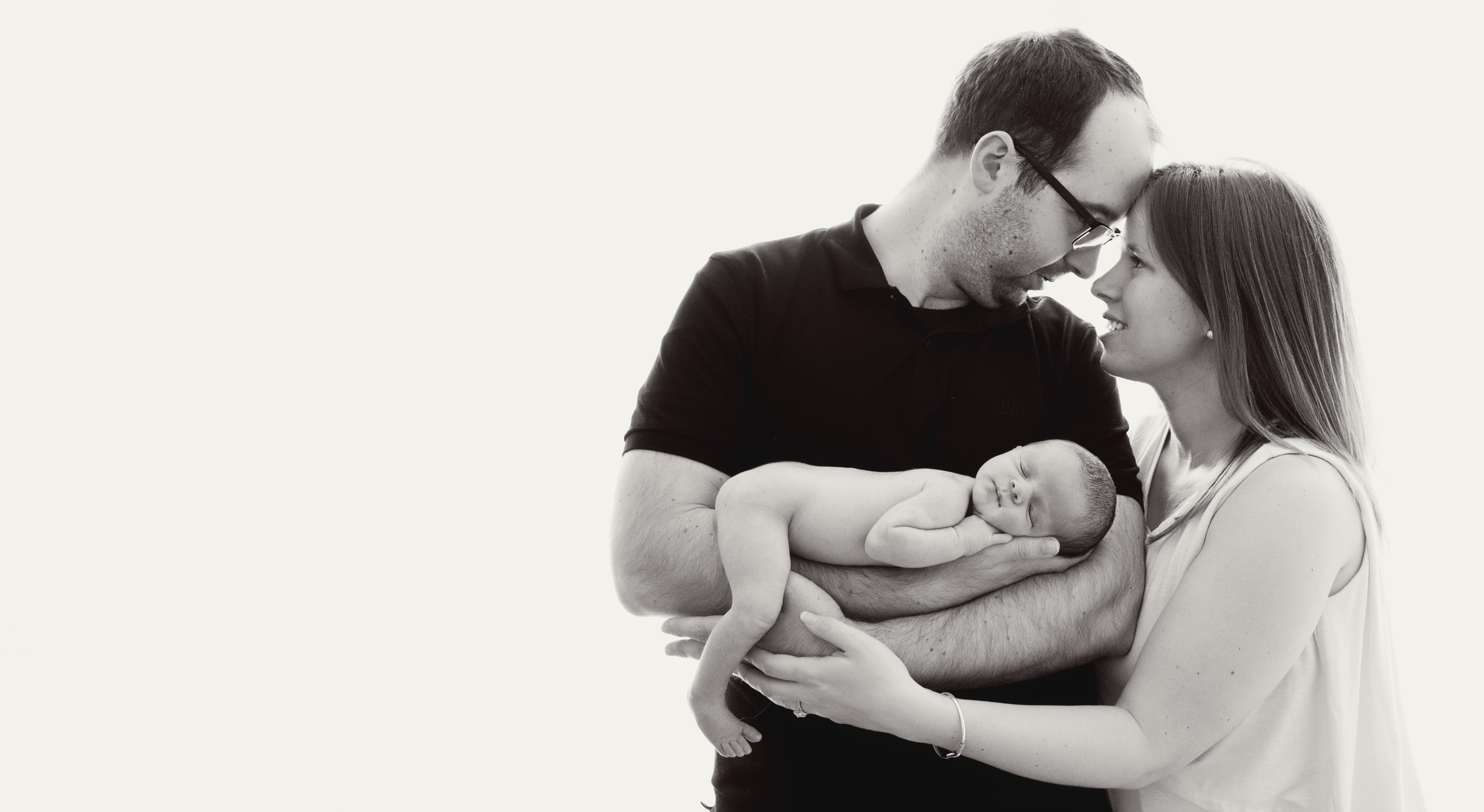
Tips for Teaching Kids Good Manners
Teaching your child good manners is an essential part of parenting. However, teaching children good manners is not simply about enforcing social protocols. Rather, by helping children understand what it means to be polite, you can begin instilling a sense of empathy and respect from an early age which will help them grow into well-loved and thoughtful adults.
Model manners
The most important place to start when teaching kids good manners, is with yourself. Children will pick up on everything and anything they see and hear around them, and then repeat it. So, if you want your children to model good behaviour, you must first lead the way. This could mean being conscious of the way in which you interact both at home and out in public. For example, children will pick up on the ways in which you treat the waitress in a restaurant or the sales assistant in a clothing store, as well as the way you interact with your partner whilst at home. Of course, it’s only natural to become comfortable in your own home, but it can be worthwhile to show small and polite gestures anyway. For example, asking if your partner could “please pass the pepper” will help your child understand that reaching across someone at the table is impolite behaviour.
Positive reinforcement
We all like to be praised from time to time! And children are no different. Rather than scolding your child for their inappropriate or rude behaviour, opt for praising them when they do act in polite ways. Children will often do whatever results in a response from you, regardless of whether that response is positive or negative. So, ensure that your child knows that polite behaviour results in positive attention and they’ll hopefully be saying “please” and “thank you” all day long!
Be consistent and patient
Unfortunately, children aren’t going to learn good manners overnight. Rather, it’s a long and on-going process that will continue throughout their childhood. Patience is essential, but consistency is also important. For example, if mum likes the kids to sit still and use their fork and knife at the dining table, but dad lets them throw spaghetti against the wall, then they won’t know what is expected of them and they’ll be confused.
Manners are good for a child’s social development
Manners are not only polite, they’re also an essential part of any child’s social development. Both adults and children alike will appreciate a well-mannered, respectful and thoughtful child. Instilling good manners in your children will help them better adapt to society as they reach adulthood, and help set them up for better relationships with others.
Do not interrupt while parents are talking
Often, waiting for adults to finish talking can feel like an entire lifetime to a child. And yet, teaching children to politely wait until you’ve finished talking before interrupting, is an important part of having good manners. Moreover, ensuring that your child is not a constant interruption to your conversation conveys respect for the person you’re talking to.
Teach them how to greet a person
When children get a bit older, teaching them how to greet others and introduce themselves is an important social skill. By modelling this yourself, they might naturally pick it up. Otherwise, gently nudging them in the right direction by practicing it with them can also help. Teach them how to respond when someone asks “How are you?” and make sure they know to reciprocate the question!
Be a polite guest
Attending friends’ houses for sleepovers as a child is super exciting. But make sure they know how to thank their friend’s parents when they leave to go home. Something as simple as “thank you for having me” will do the trick!
How to politely receive a gift
Children are notoriously unpredictable when it comes to receiving gifts. They might squeal with delight when they receive the ice-cream-maker they’ve had their eye on, or throw the gift across the room if it’s not what they wanted. If you have an event coming up such as a birthday party and you’re feeling uneasy about this, it might help to practice opening presents with them. For example, you could gift your child with an early birthday present and teach them to say “thank you” once they’ve received it.
Cover your mouth when you cough or sneeze
Naturally, children aren’t always going to remember to cover their mouth when they cough or sneeze (they’ve got an entire world to explore, after all) but we can help remind them. This is particularly important if they’re attending school or kindy so that they’re not spreading germs and getting sick.
Don’t pick your nose!
Young children often go through the delightful snot-picking phase where boogers are hilarious and fantastic, and luckily enough, in plentiful supply! You might not be as intrigued by the boogers as they are, but it’s best not to make a big deal of it. Instead, simply offering your child a tissue when you see them picking their nose can help. They’ll naturally grow out of this phase, I promise.
Keep explanations brief
Children often want to know “why” they can’t do or say something when they’re behaving inappropriately. Rather than giving them a big spiel about the rights and wrongs of the world, keep it short and simple. Children often respond better to shorter explanations and it increases the likelihood that they’ll listen and remember what you’ve said.
Keep your expectations age-appropriate
Lastly, it’s important that you keep your expectations age-appropriate. Naturally, expecting your two-year-old to greet the postman with a curtsy and a “how do you do?” might be setting the bar a little too high. However, expecting them to say “please” and “thank you” is a fair assumption.
This article is written in collaboration with Babysits – Australia’s babysitting community. If you’re looking for babysitters in Melbourne, you can use their platform to find the perfect sitter for your kids. Interested in more parenting tips? Take a look at the Babysits blog for more great resources!















Such good advice!! Thanks for a great read.